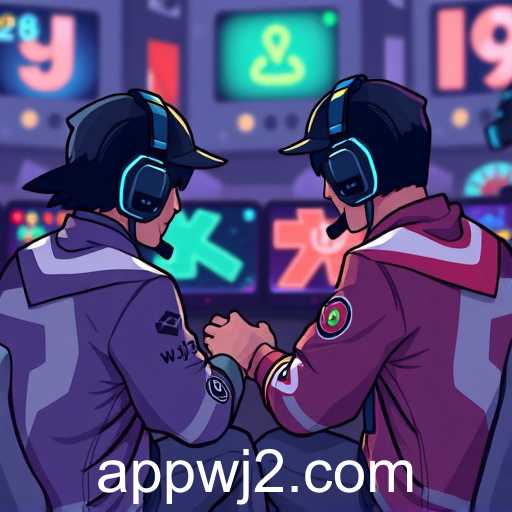In recent years, the landscape of online gaming has transformed dramatically, with platforms like 'wj2' leading the charge. As we find ourselves in the latter half of 2025, the influence of gaming communities on culture, entertainment, and communication is undeniable. The platform 'wj2', known for its engaging English-based games, has become a focal point for enthusiasts worldwide, offering more than just gaming but a space for social interaction and collective creativity.
A key element driving 'wj2' and similar platforms is their ability to stay dynamic. Game developers are increasingly attentive to player feedback, fostering a living ecosystem where updates and new content keep communities engaged. This responsiveness not only caters to recreational needs but also evolves with the changing digital culture.
Reports indicate that these platforms are more than mere entertainment. They are becoming vital touchpoints for digital economies, as players trade virtual goods and engage in microtransactions. Additionally, the emergence of e-sports competitions has further cemented gaming's role in global entertainment, bringing it on par with traditional sports in terms of audience engagement and financial investment.
Commentary from experts highlights how such platforms shape social behavior, with online communities forming around shared interests transcending geographic boundaries. While there are concerns about digital dependence, the positive aspects, including the development of strategic thinking and teamwork skills, are celebrated.
As gaming communities grow, they transform the digital landscape—becoming arenas for cultural exchange and understanding. Platforms like 'wj2' are not just games; they're the new gathering spaces of the digital age, influencing everything from language development to cultural trends. As we navigate these changes, understanding and participating in these communities offers a unique glimpse into the future of human interaction.








